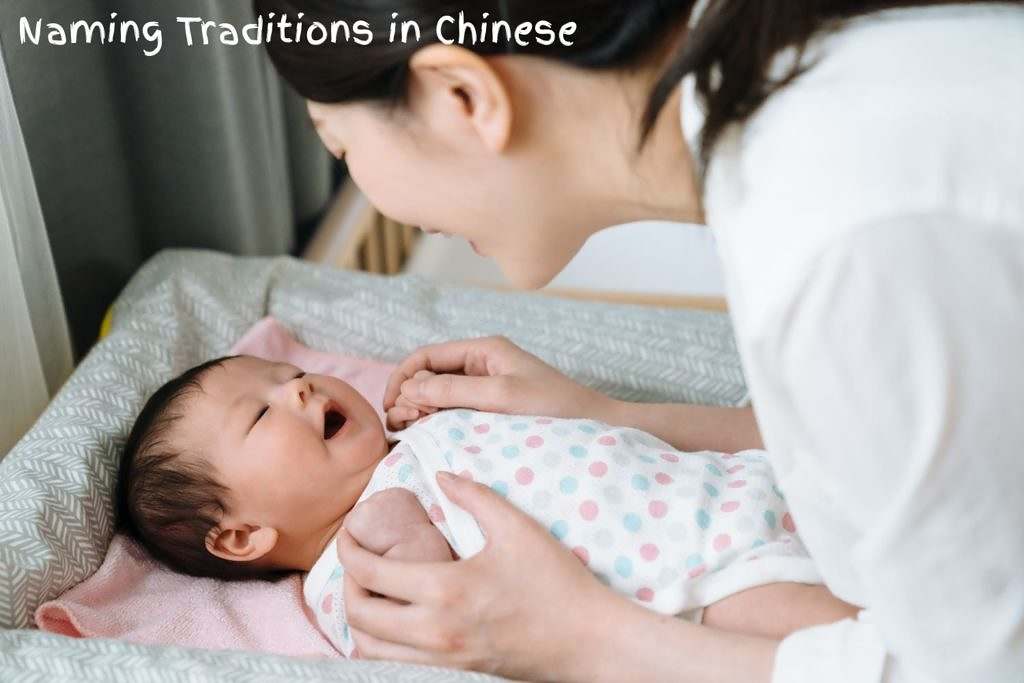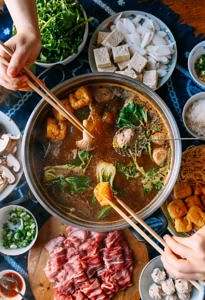Popular Chinese Names and What They Mean: A Guide to First and Last Names
From poetic meanings to ancestral traditions, Chinese names are rich in symbolism and cultural depth. Whether you’re exploring Chinese heritage, naming a character in a novel, or simply curious about global cultures, learning about Chinese names offers a fascinating look into one of the world’s oldest civilizations.
In this guide, we’ll cover the most popular Chinese names for boys and girls, explain how Chinese first and last names are structured, and explore the meanings behind the most common names.
How Chinese Names Work: Family Name First, Given Name Second
Before diving into name lists, it’s important to understand how Chinese names are structured:
- Family name (姓 – xìng): Comes first and is typically one syllable.
- Given name (名 – míng): Comes second and is often one or two syllables.
For example, in the name Wang Wei (王伟):
- Wang is the family name.
- Wei is the given name and may reflect strength, beauty, intelligence, or other desirable traits.
In China, people are usually addressed by their full name, and first names are rarely used casually—a sign of respect and formality.
Common Chinese Last Names and Their Origins
China has over 100 common family names, many of which have been passed down for thousands of years. Some are rooted in ancient clans, dynasties, or geographical regions.
Top 10 Most Common Chinese Last Names:
- Wang (王) – “King”
- Li (李) – “Plum”
- Zhang (张) – “To stretch” or “bow”
- Liu (刘) – “Kill” (warrior-based origin)
- Chen (陈) – “Display” or a southern state in ancient China
- Yang (杨) – “Poplar tree”
- Huang (黄) – “Yellow”
- Zhao (赵) – From the state of Zhao in ancient China
- Wu (吴) – A historical kingdom in China
- Zhou (周) – “Circumference” or from the Zhou Dynasty
🔍 Fun Fact: The top 100 surnames account for about 85% of the Chinese population.
Chinese Girl Names and Their Meanings

Chinese names for girls often reflect grace, beauty, nature, and intelligence. Here are some popular Chinese female names:
Popular Chinese Names for Girls:
- Mei (美) – “Beautiful”
- Hua (花) – “Flower”
- Ling (灵) – “Clever” or “spirit”
- Xiao (晓) – “Dawn” or “understanding”
- Jing (静) – “Quiet” or “serene”
- Yue (月) – “Moon”
- Ai (爱) – “Love”
- Qing (清) – “Clear” or “pure”
- Lan (兰) – “Orchid”
- Ying (莹) – “Crystal clear” or “luster of jade”
These Chinese girl names are typically chosen not only for their meanings, but also for their pleasing sound and how well they combine with the family name.
Chinese Boy Names and Their Meanings
Chinese male names often convey strength, honor, intelligence, and moral values.

🐉 Popular Chinese Names for Boys:
- Wei (伟) – “Great” or “mighty”
- Jun (俊) – “Handsome” or “talented”
- Tian (天) – “Sky” or “heaven”
- Lei (雷) – “Thunder”
- Bo (博) – “Broad” or “learned”
- Ming (明) – “Bright” or “enlightened”
- Zhi (志) – “Will” or “ambition”
- Long (龙) – “Dragon”
- Guang (光) – “Light”
- Chen (辰) – “Morning” or “celestial body”
These Chinese boy names often reflect parental hopes and ideals, blending aspirational meaning with linguistic beauty.
Gender-Neutral Chinese First Names
Some Chinese names are unisex, depending on how they’re combined with other characters. For example:
- Tao (涛) – “Big wave” (can be used for boys or girls)
- An (安) – “Peace”
- Yu (玉) – “Jade”
Parents may choose neutral names to emphasize personality traits over gender expectations.
Naming Traditions in Chinese Culture

1. Generational Names
In some families, one character of the given name is shared among siblings or cousins of the same generation, creating a strong family identity.
2. Fortune and Auspicious Meanings
Chinese parents often consult with fortune tellers or use the Five Elements theory (Wood, Fire, Earth, Metal, Water) to choose names that balance their child’s destiny.
3. Avoiding Taboo Characters
Characters that resemble illness, misfortune, or negative energy are avoided. Names are seen as lifelong energy guides.
Modern Trends in Chinese Naming
While traditional meanings remain important, younger generations are increasingly influenced by:
- Pop culture and celebrities
- Names with English sound equivalents
- Shorter, modern-sounding names
Some parents now choose names like:
- Kexin (可心) – “Adorable”
- Yuchen (宇辰) – “Cosmic morning”
- Zihan (子涵) – “Refined son/daughter”
Modern Chinese names often blend traditional values with aspirations for global relevance.
Chinese Names in English-Speaking Countries
Many Chinese people abroad use a separate “English name” for convenience. However, Chinese given names remain significant and are often used in legal or family contexts.
When transliterated into pinyin (the Romanized spelling system), the meanings may be lost unless explained:
- Li Wei vs. 李伟 – Pinyin doesn’t show the characters, so context is key.
If you’re writing characters or naming someone in fiction, consider including the Chinese characters and meanings for cultural depth.
Quick Tips for Choosing a Chinese Name
Whether for yourself, a baby, or a character in your writing:
- Choose meaningful characters, not just nice-sounding syllables.
- Consider name flow with the family name.
- Ask native speakers or use a name consultant for authentic combinations.
- Don’t mix and match randomly — Chinese characters are rich in cultural weight.
Frequently Asked Questions (FAQ)
What is the most common Chinese last name?
Wang (王) is currently the most common Chinese surname.
Do Chinese names have gender?
Yes, most names are gendered by meaning (e.g. beauty for girls, strength for boys), but some are gender-neutral depending on context.
Can a Chinese name have three parts?
Yes. Some people use compound surnames (e.g. Ouyang 欧阳) or two-character given names. But typically, Chinese names consist of one family name + one or two given characters.
How do I pick a Chinese name for myself?
Consider your personal traits, values you want to embody, or meanings tied to your birthdate or zodiac. You can also ask a native speaker for advice.
Final Thoughts: Names as Identity and Legacy
Chinese names are more than labels—they’re poetic reflections of identity, tradition, and family legacy. They carry deep cultural roots and personal aspirations. Whether you’re honoring heritage, researching for a project, or just satisfying your curiosity, Chinese names are an endlessly rich field to explore.
📌 Continue Your Exploration:
- What’s in a Name? A Guide to Indonesian Names →
- How to Say Hello in Mandarin (And What It Really Means) →
Would you like a printable list of 100 Chinese Names with Meanings or a mini-guide to Chinese Zodiac Naming Tips as a downloadable lead magnet? I can help you create it.






